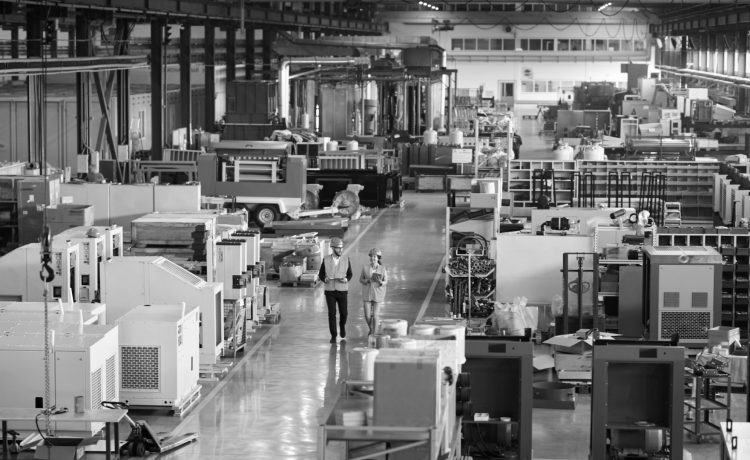Just in case you hadn’t heard, it’s coming down the track. Known as the 4th Industrial Revolution or Industry 4.0 as it is sometimes called is upon us.
Like it or not, this is a huge disruptor and its impact will be felt be every industry and in every country.
Unsurprisingly, many Forward-thinking organisations are already on it, engaged in the new next wave of digital transformation. Applying fresh thinking to meet their challenges, developing innovative new products and processes, and, while looking for new ways of working are looking to hire new skill sets into their businesses to drive the change.
Without doubt this digital new world will have an impact on the workforce of every organisation as they adapt and change. While no one can predict what the workforce of the future will look like, one thing is for sure – the adoption of Industry 4.0 methodologies will see huge changes around how organisations capture and use business intelligence, how they automate repetitive tasks and handle problems and issues on a day-to-day basis. Many roles that have been traditionally done by a ‘workforce’ will be automated.
In many sectors, organisations will have no choice but to adopt Industry 4.0 and leverage the technology to cut costs. It’s almost a do or die situation. A little dramatic I know, but survival will require adoption at some level.
The problem is that this throws up a huge challenge around the existing workforce’s commitment to the brave new world. Organisations will still need a fully engaged workforce to operate and maintain these new complex ways of working. So rather than just focusing on the technology side, businesses will need to prepare their workforces in open and transparent ways.
Managing the Fear of the unknown is going to be one of the biggest challenges.
Organisations looking to ride the industry 4.0 wave will need to get their workers and workplace culture ready for the adoption of new technology and the new methods of working it will bring. This will mean open discussions, frank discussions with employees and bold and robust training plans being set in place.
Organisations have to remember that with the advantages that new technology may bring, their only appreciating asset remains their workforce.
Boris Johnson hit the nail on the head in his speech to the conservative conference on the 6th October.
“The answer is to control immigration, to allow people of talent to come to this country, but not to use immigration as an excuse for failure to invest in people, in skills and in the equipment the facilities the machinery they need to do their jobs “
If organisations do not adopt this way of thinking they risk falling behind if employees fear the next technology shift and are unwilling, resistant or unable to adapt and evolve mindsets to take advantage of the productivity benefits the technology brings.
Learning – the key to career sustainability
Clearly, accessible digital skills training will be a must-have for organisations looking to enable the best use of new technology. It can be argued that the development of a culture of continuous learning that enables workers, will be absolutely vital in order to prepare for the required cultural and organisational shift. The ability to navigate an increasingly complex organisational structure and different working methods will be vital because an organisation will need to move away from traditional functional silos and work in ways where boundaries no longer exist.
In this brave new world of Industry 4.0 and all it encompasses, high performance organisations will stand out. Not because of the level of investment in new technologies, systems architecture and AI, but for their ability to acknowledge that these technologies are most effective when they complement humans, not replace them. Focusing on developing the talents of the employees, worker interests, re-engineering their organisational structures and re-thinking the talent models they utilise will be what makes a good organisation an outstanding one.

